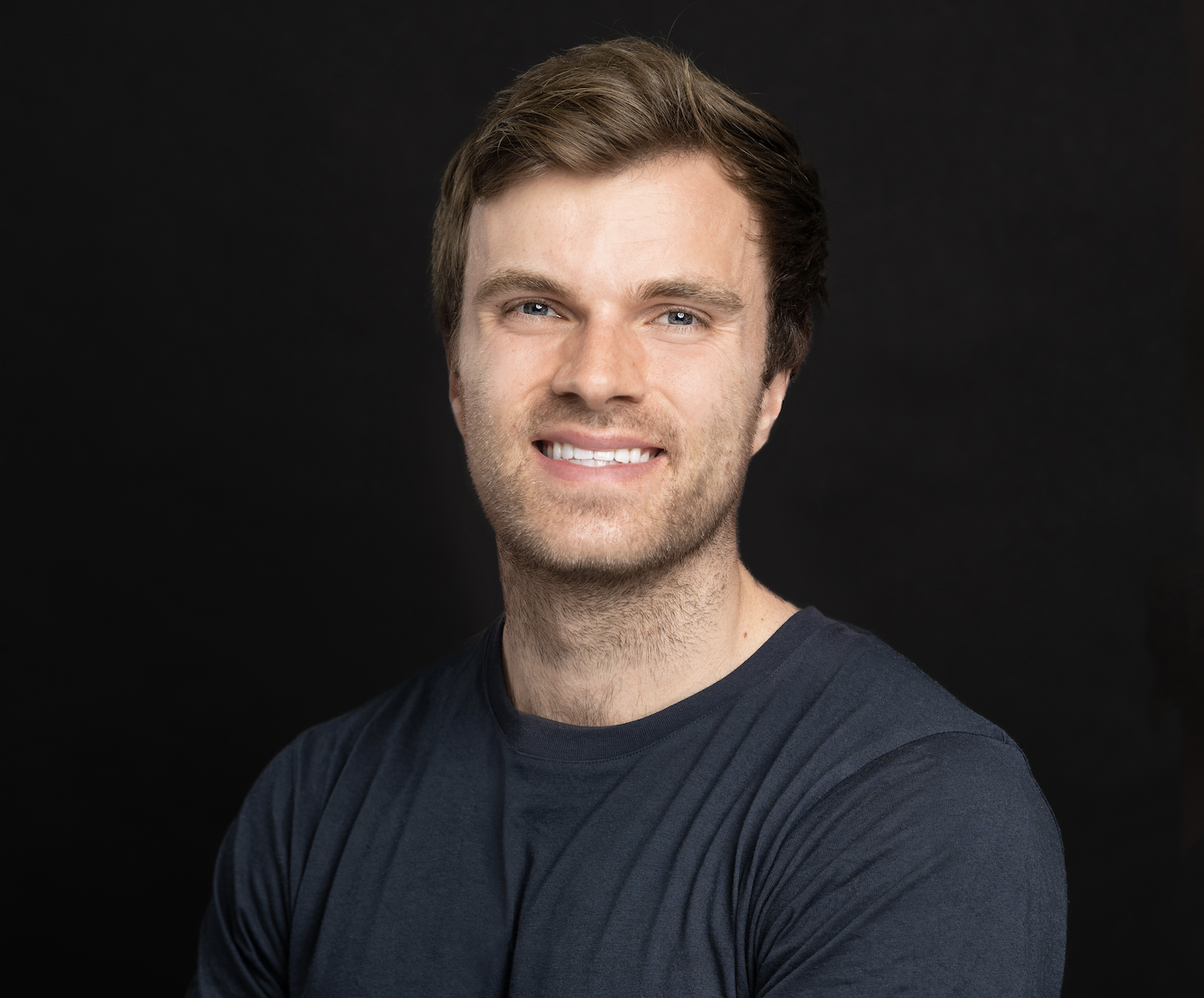Precious days spent working on our application, labouring over every word, filming our one-minute video over and over. Hundreds of pages of paperwork to register the company in the US, tens of thousands of dollars of legal fees. And the biggest sacrifice of all: 7% of our company.
These are all the things we had to give away to have a chance at participating in the world’s most famous accelerator programme, Y Combinator.
We breathed a sigh of relief when we got the email telling us we had a spot.
But what's Y Combinator really like for a European company? And is the intense programme really worth it?
YC or not YC: our rationale
Capital has become increasingly abundant in the European ecosystem, especially for experienced operators like my cofounders and myself; I was the first employee and VP Growth of Qonto, a European fintech unicorn. So naturally, we considered taking a term sheet for a pre-product seed round when we created the company in March 2021. That would have given us a secure runway for the next two years so we could focus on building.
On the other hand, joining YC meant investing time and equity, both precious commodities for founders. But we believed Y Combinator would give us global exposure from day one.
What was it actually like?
Our batch was fully remote and included 400+ companies. Less than 10% of the cohort were female founders. It officially started in early June and ended with the Demo Day at the end of August, where each founder gave a one-minute pitch to 1000+ investors.
Here are our main learnings:
1/ The sooner you adapt to the new rhythm, the better
YC organizes two to four sessions per week: all-hands sessions, some featuring YC alumni, group office hours and individual office hours.
It’s easy to get overly excited and spend a lot of time listening to shiny alumni stories, rather than focusing on what really matters: building something people want. That’s why we quickly split up and had only one of us — we are three cofounders at Lago — attend each session based on who would benefit the most from the insights.
Juggling creating value from the programme and the network, committing to bi-weekly goals and leading the Lago team on a daily basis completely disrupted our existing rhythm. This pushed us to iterate faster. We were constantly held accountable and challenged by our YC partners, but this at times stretched us and our employees very thin. Be prepared to adapt fast.
2/ Leverage Bookface
We also quickly learnt that we had to be entrepreneurial in the way we built and got value out of our YC experience. Don’t expect any hand-holding, especially now that the batches are massive and 100% remote. So be prepared to leverage Bookface.
Bookface is YC’s knowledge base, and it answers 80% of the questions a founder can have about building and selling a product, be it to clients, candidates or investors. It’s the most valuable content I’ve ever read. I spent my first nights at YC crunching every article on my own, selecting insights and defining takeaways from them for our team.
Bookface also offers a YC investor database that pulls together information on relevant investors, ticket size, specific interest, and curated reviews from other founders. This enabled me to build an extensive list of relevant target investors, prepare for pitch meetings — based on YC alum advice — conduct due diligence and have a complete fundraising battleplan in a few hours. We only used our partners’ time to review the preparatory work we had done on our own, practice pitches, and get help to negotiate the term sheets we got.
3/ Seek support outside the official program
YC offers a wide support system outside the official batch programme, especially from alumni. We had our technical infrastructure reviewed by a CTO who scaled his company to unicorn status, for instance. Before Demo Day, female alumni also offered ‘fundraising as a female founder’ specific coaching as well. As YC is more a ‘buffet’ than a predefined experience, it’s easy to get lost in the sea of support that is offered, and not spend enough time actually building the product or talking to users. We constantly fought to find this balance.
4/ Keep enough mental energy for the finale
After three months of intense building, the batch ends with Demo Day. Most startups of the batch also start fundraising around this period, which can take a few weeks or months, depending on how long it takes to close the round.
This can be tough from an energy level and mental health perspective, especially if fundraising takes longer than expected. Luckily, YC helps you prepare for this step.
Batchmates are peers who can support you as well and we built deep friendships with like-minded entrepreneurs this summer. However, it can be a double-edged sword. Graduating from YC means 400 promising startups are competing for attention from investors at the same moment. It’s easy and only human to compare oneself with other batchmates’ fundraising status. That can be devastating for morale.
Additionally, for European founders raising from US investors, YC advised us to train to operate on West Coast time. Taking a call from an investor based in the Valley at 5 p.m. PT means being awake and full of energy at 2 a.m. in Paris. Although it is doable, this definitely makes it more challenging for European founders than their US-based counterparts.
Was it worth it?
Yes. We would not have achieved this much work in such a short amount of time without YC. Also, leveraging investors’ FOMO before and around demo day to close our round definitely helped us get back to work as soon as possible.
Above all, we were clear on the main rationale behind joining YC from the start: putting Lago on a global stage from day one. Therefore we’re 100% positive: the worldwide exposure to clients, talent and investors YC brought us is unparalleled.
Tips from other European YC alums
Clear (United Kingdom): the all-in-one debit card, social app, and database for skincare.
- Don’t let being based in Europe put you off from applying!
- Make an effort to connect with people in the batch. There is so much to learn from your peers, and there are likely going to be a lot of shared experiences.
- Be able to adapt, whether to new communication styles, moving at a new pace or working in changing circumstances. YC is fast-paced and a lot can happen over the course of the batch.
Hera (France): Calendar app to prepare, join and follow up on virtual meetings.
- Go into YC with an open mind about your business! Your product and strategy will most likely look very different at the end of the batch.
- Don’t pretend everything is great when meeting with YC partners. Every single company in every single batch has problems. Partners are here to give you the keys to fix them.
- Choose the best setup for the batch, be it in a rented house, in a hotel, anywhere where it feels good to work a lot and where you can enjoy nice breaks.
Malloc (Cyprus): a mobile app that protects you from spyware.
- It is worth it! YC is a beautiful yet very intense journey that gives you the opportunity to significantly increase the value of your company beyond the EU investment levels. It is a once in a lifetime opportunity.
- Traction and growth are all that matters.
- Listen to your YC partners and connect with your peers.
Anh-Tho Chuong Degroote is CEO of Lago.



